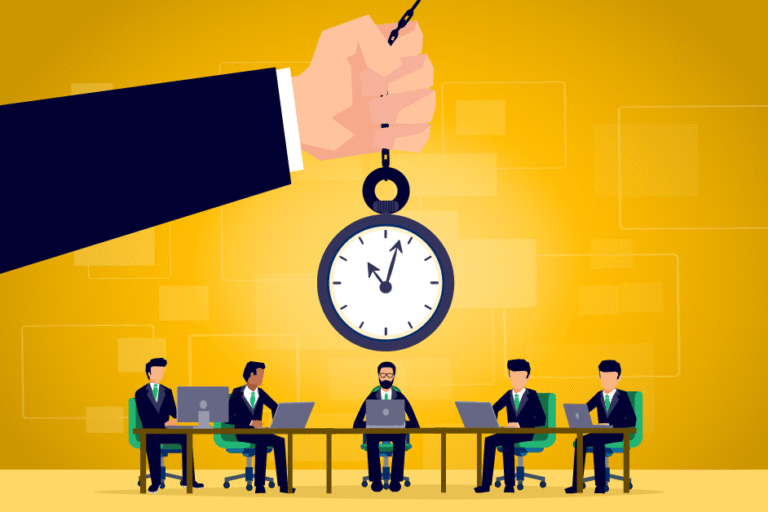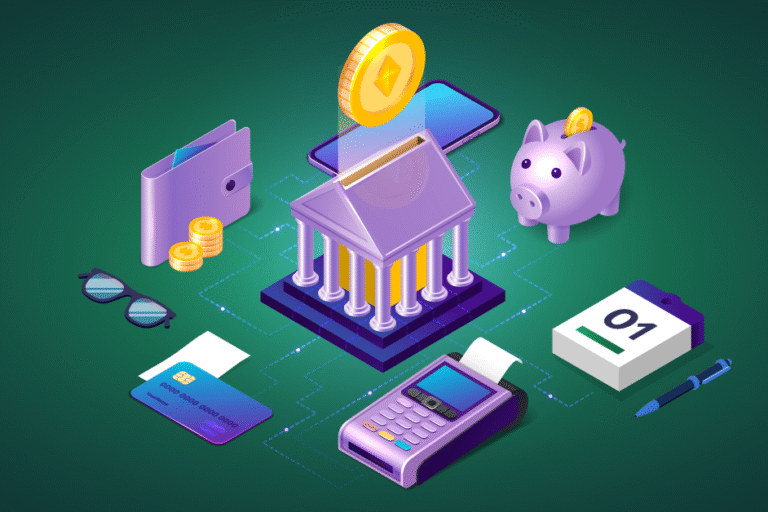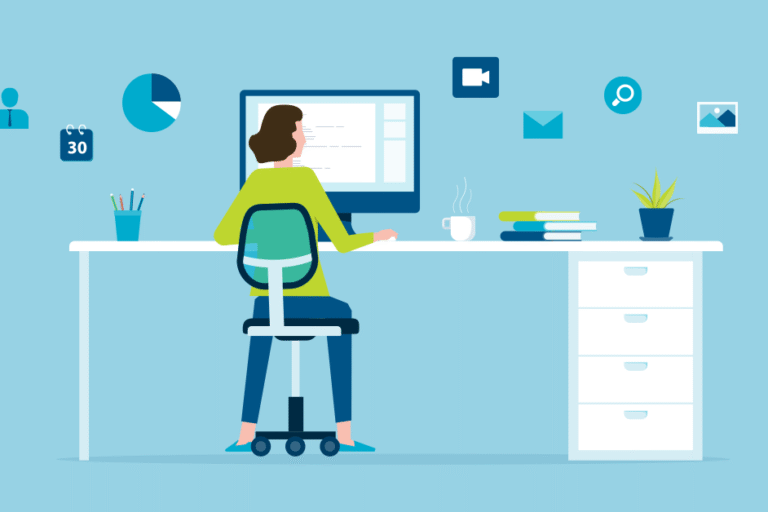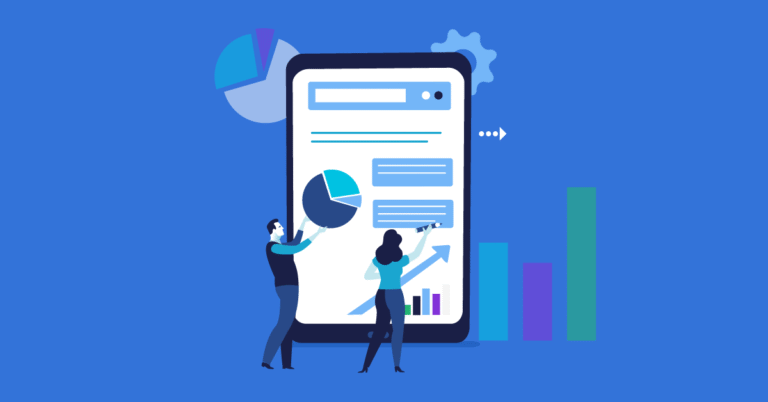
5 Ways to Be More Productive at Your Practice
07/18/2018 By Bill4Time Staff
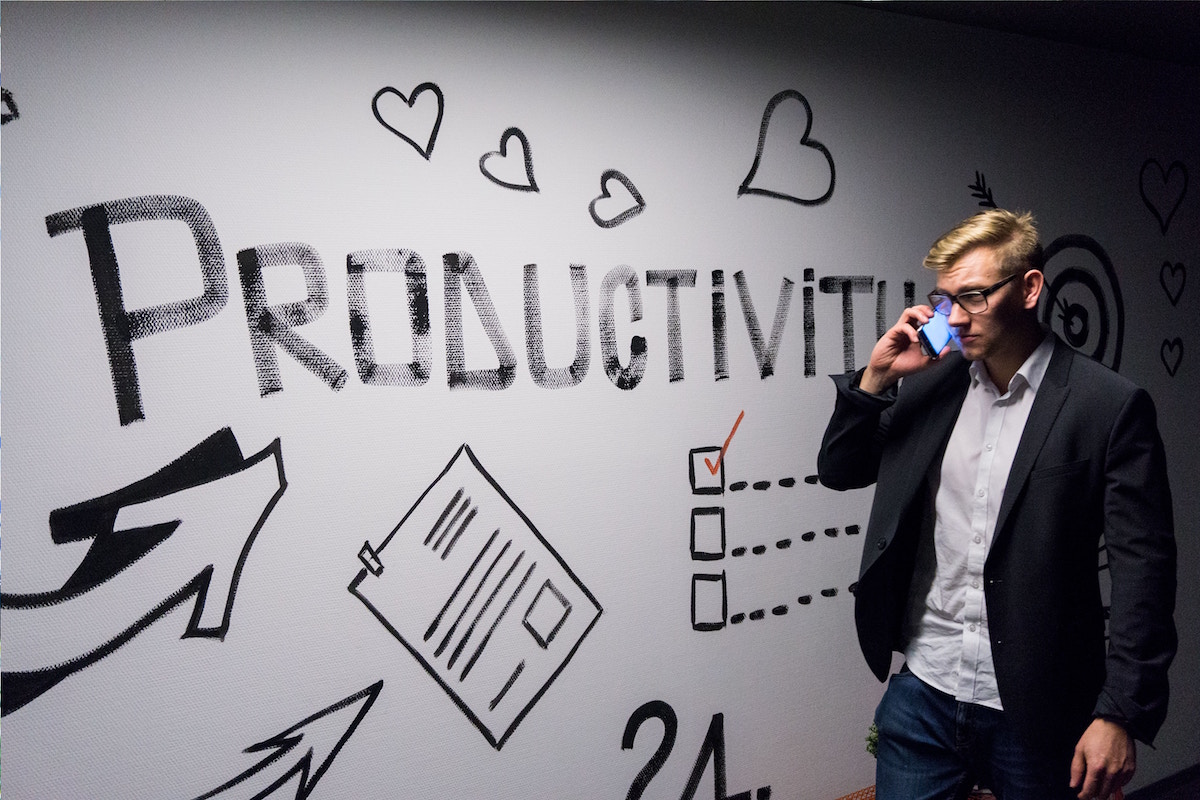
It’s impossible. There’s no way.
There’s no way to 2x, 5x or 10x your productivity. It’s absolutely impossible. That’s the approach many professionals take towards productivity.
It makes sense.
There’s a lot of generic advice online. Most of it isn’t practical. It’s often not clear what you’re supposed to do with the advice you receive. It’s no wonder then that productivity is a struggle for most.
Here’s the surprising truth.
Exponential productivity can be your default
This isn’t just you getting a little bit more done each day.
No.
I’m talking about a massive increase in productivity, 2x, 5x or 10x better than your performance on an ideal day where everything flows well.
Is that possible?
Not only is it possible, it’s something you can begin to accomplish in a few short weeks. Add the right ingredients, make the right choices and your productivity skyrockets naturally, automatically.
This sounds like nonsense.
No scratch that. This sounds like it’s too good to be true, which based on experience, means it is too good to be true. Here’s the reality. You can achieve exponential productivity because others have done it.
How’d they do it?
Step #1: Begin with Halt
What is halt and why should you care? Halt is something many of us choose to ignore. It’s an acronym that stands for hungry, angry, lonely or tired.
- If you’re hungry you need to eat. Research shows thinking makes you hungry. Deep intellectual work stimulates an increase in appetite. This makes sense when you realize your brain consumes a whopping 20 percent of the energy you consume.
Research also shows that hunger, in the form of low blood sugar, leads to mental and emotional instability.
You’ll experience confusion, drowsiness, difficulty concentrating and a plethora of negative side effects. If you want to win consistently, eat consistently.
- What about anger? The scientific and medical literature validates this again and again and again. Stress, in the form of fear, anxiety and anger decreases your cognitive abilities. It affects your ability to concentrate, impacting working memory (recall + recognition), sensory processing functions, your ability to pay attention and more.
- Then there’s loneliness. Dr. John Cacioppo states loneliness is actually like hunger. Loneliness raises the levels of stress hormones in the body. It destroys the quality and efficiency of sleep so it’s much less restorative. Lonely people sleep more but they get much less rest. Loneliness slowly erodes your ability to cope with stress. In addition to producing all of the same effects I mentioned above, it’s contagious.
What’s more horrifying about loneliness is that 1 in 4 people are struggling with it. Twenty-five percent of Americans said they had no one to confide in.
- What about when you’re tired? Research shows tired people are prone to overreacting. Researchers found activity levels in the amygdala were as much as 60 percent higher than levels in those who were rested. It’s difficult for the tired to concentrate. To focus. It increases (dangerous) risk taking behavior. It dramatically decreases cognitive function. It also makes you easy to manipulate.
You see where I’m going with this right?
You already know all of this. You already know it’s important to eat, sleep, rest and have good relationships. The problem is, you’re under a tremendous amount of pressure to do otherwise.
Want to win?
To routinely outperform your peers? You have to fight this pressure. You have to make sure your needs are met. When they’re not met, you’re automatically underperforming. Neglect one of these areas and your performance suffers. Neglect two or more and your failure compounds.
Ignore these areas and you kill your ability to act on any of the other productivity strategies I’ve listed below.
Step #2: Discover what focus actually is
Focus is defined as:
“The center of interest or activity“
If you’re like most people, you think this means you have to pay close attention to a very specific thing. If you’re focused on contracts, you have to exert a tremendous amount of willpower to force yourself to focus on drafting contracts.
This is miserable.
This approach to focus is dysfunctional. There’s a much healthier way to approach focus. When it’s viewed appropriately it produces peace, joy and yes, productivity. It’s starts with a question. What is focus?
Focus is the ability to say No.
And what are you doing when you say No? You’re creating a non-negotiable anchor point. If you’re focused on drafting a contract you should say No to…
- Phone calls
- Consults from other partners or associates
- Visits from advice seekers
- Emails, meetings and events
- Matter management (administrative tasks and busy work)
- Some good things and some bad things
This creates focus automatically.
You say Yes to the details that work with your focus (e.g. eating, sleeping, relaxing a bit, etc.) and you say No to details that take you away from your focus. You don’t have to say No ahead of time either. Just say No as you need to.
Focus is decision making.
It’s you drawing a line in the sand about the one thing that matters to you right now.
One thing.
Not three, or four, or ten.
One.
Contrary to popular belief, the vast majority of us are terrible at multitasking. The scientific, experiential and anecdotal evidence all back this up.
Take a look.
Say No, to focus on one thing.
Here’s the problem. You have bosses, partners and clients. Nothing upsets them as much as hearing the word No. There are times when you need to use that word specifically or directly. What about the other times? When you need to let them down gently?
Get them to say No for you.
How?
Here’s how Adam Grant, Wharton professor and author of Give and Take, does it:
- The deferral. I’m completely swamped right now. Would you follow up with me after 4:45 today?
- The delay. Would it be alright if I did this after I finished here? The deadline for this contract is today. I don’t want to let [our client] down.
- The introduction. I’m completely in the dark about these easement and environmental issues. Geoffrey is the in-house expert. Would it be alright for him to take the lead on this?
- The bridge. Alison is already working on the brief for tomorrow. Should I reach out to her?
- The relational account. If I do this for you I’d be letting [client] down. He was counting on me to finish drafting this contract by the end of business today.
Another simple solution?
Make yourself scarce. Find a private and quiet place to do your work where you won’t be disturbed. It sounds obvious until you realize how many attorneys aren’t doing this.
Want to focus? Learn to say No.
Step #3: Leverage those around you with 80/20
You know the 80/20 rule, right?
That roughly 80 percent of the effects come from 20 percent of the causes? Yeah, that’s the one. This rule deserves your obsessive and undivided attention.
Here’s why.
Attorneys, on average, lose 6 hours daily to non-billable tasks. In fact, only 2.3 hours are spent on billable tasks. If you’re able to save an additional 2.3 hours, you double your incoming billables!
Think about that. 80/20 can save you.
How?
- Use legal practice management software to automate or semi-automate your administrative tasks.
- Outsource your work to people, apps or tools.
- Hire new, trustworthy law school graduates on a freelance basis. Have them handle your busy work at a lower rate. This gives them the experience they desperately need, you get the work you need done.
- Use people and tools to screen out interruptions and undesirables (e.g. salespeople).
Focus 80 percent of your time and attention on the 20 percent that produces results. Make a consistent and systematic effort to remove yourself from non-essential tasks. Remove…
- Busywork
- Timewasters
- Interruptions
- Knowledge vampires
- Freeloaders
- Dysfunctional peers
- and users…
From your professional life. Then, once they’re out, work to keep them out. Show support staff how to be an efficient gatekeeper.
Then focus.
If you’re looking to gain freedom, power, opportunity and rewards from your work, say No to what you don’t want.
Step #4: Resist the inevitable “labor creep”
Trouble is coming.
If you take the time to implement the first three strategies I’ve covered you’ll notice some interesting things.
First, things will get harder.
Your productivity will actually go down at first. Which is insane. Doesn’t this defeat the purpose of this article?
Not at all.
This is actually how things are supposed to be. This is the part most “life hacks” and productivity experts leave out. Change, in the short term, is uncomfortable and unpleasant.
Why?
Your basal ganglia is to blame. Your habits, routines, rituals and traditions (repeatables) are formed in the basal ganglia, in your brain. We use this part of our brain to store our thoughts, memories and the functions we perform repeatedly. We reinforce these repeatables whenever we think, feel or behave as we did in the past.

When we make a change it’s physiologically painful.
Our brains are comfortable with the way things are. It’s not pleased with the fact that we’re trying to make a change. If you’re looking to overcome that you can (a.) make your productivity changes pleasant (e.g. with a reward) and (b.) structure them around a trigger and (c.) repeat them consistently.
Stick with it, and the payoff is enormous.
Second, If you’ve followed steps 1 – 4, you’ll begin to notice you have a newfound resource.
Time.
You’ll accomplish far more work in far less time. You’ll easily outperform your peers and partners. You’ll also have a large amount of free time on your hands. Here’s why that’s bad news. Your co-workers have a plan for your free time.
To claim it as their own.
You’ll suddenly be inundated with more requests from those around you. “Can you help me with this? What do you think about those briefs I sent you? Do you know where I can find these docs?“
You’ll need to rely on step #2.
You’ll need to protect your newfound free time. Focus, on saying No. At this point you’re faced with a choice. Determine what you’re going to do with your free time or watch as others decide for you.
You can…
- Use it to recoup and recharge
- Spend it with family and friends
- Use it to boost your career or earnings
- Build your career outside of your practice
- Work on projects and cases you choose
It’s completely up to you.
Step #5: Learn how to learn.
Have you learned how to learn?
Most professionals believe they can learn well. They made it through law school after all. And they’re right for the most part. But they don’t hold a candle to those who’ve learned how to learn. These aren’t the same things.
I’ll explain.
Imagine being able to memorize long complex forms of data. To be able to triple or quadruple the amount of information you’re able to consume, learning four to five times faster and remember it all?
It sounds impossible doesn’t it?
And that’s the problem. Remember the Henry Ford quote? “Whether you think you can, or you think you can’t -you’re right.” It’s the same with learning.
Your peers are suffering.
They’re suffering from digital dementia. That’s a technical term, believe it or not. It was coined by German neuroscientist, Manfred Spitzer in 2012. A large section of the developed world is struggling with digital dementia.
The suffering is real.
We’re experiencing a fundamental breakdown of cognitive abilities in a way that’s similar to people who have suffered a head injury or major psychiatric illness. Spitzer argues we’re all getting dumber.
Here’s how he explains it.
An overuse of digital technology results in the breakdown of cognitive abilities. Short-term memory pathways will start to deteriorate from underuse if we overuse technology.
We’ve lost the ability to make simple calculations in our head. The ability to remember phone numbers like we used to when we were young. We don’t learn as fast as we used to. And we tell ourselves a story (e.g. we’re getting old) as a way to explain it away.
But it’s not true.
How do I know? Jim Kwik. Kwik was once known as the boy with the “broken brain.” After a childhood accident left him struggling in school, he learned how to trick his brain to overcome mental limitations.
He’s defied what’s possible.
He’s able to learn 10x faster than top performers, memorizing (and recalling) long and complex pieces of information. He’s taken his “broken brain” and he’s turned it into a super power. A tool he uses to dramatically outperform those around him.
Here’s how he does it.
Want to win?
To permanently surpass your co-workers, peers and those around you? Learn how to learn. Do it and you’ll be able to out learn, out think and outperform your peers. You’ll have the training you need to use your mind the way you’ve always wanted to.
Exponential productivity is your default…
If you’re properly trained.
It seems impossible but, as we’ve seen, it really isn’t. It’s possible to 2x, 5x or even 10x your productivity. A massive increase in productivity can be simple and enjoyable, if you have training and a plan to follow. Add the right ingredients, make the right choices and the productivity at your practice will skyrocket.
Sounds too good to be true.
It’s all true, if you follow the steps I’ve outlined. Do the work, learn to learn and you’ll have everything you need to boost your productivity to legendary levels.

